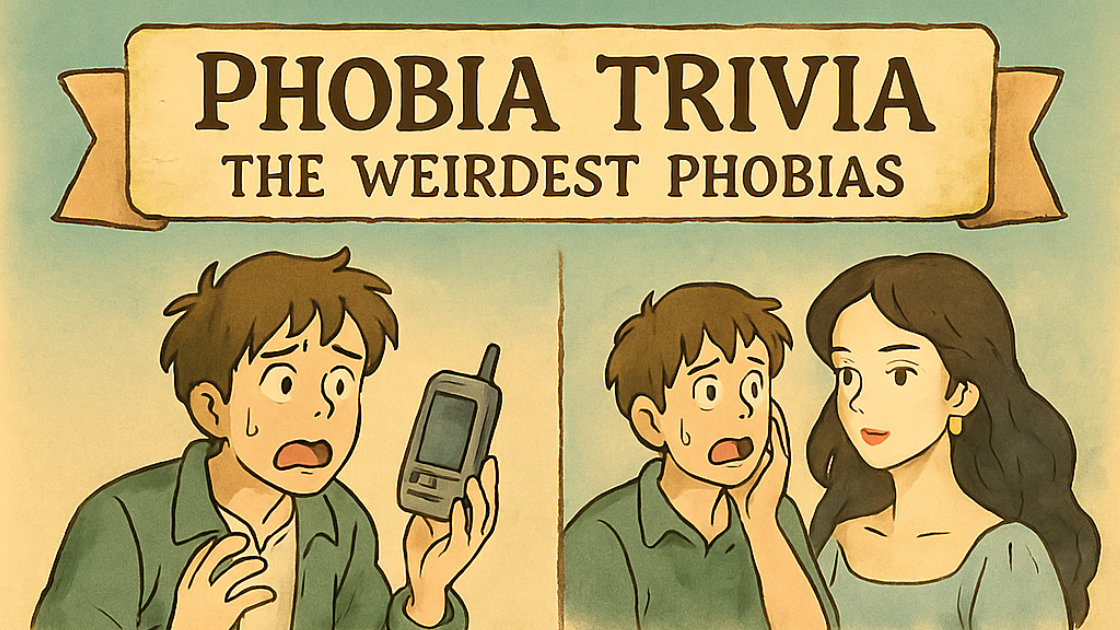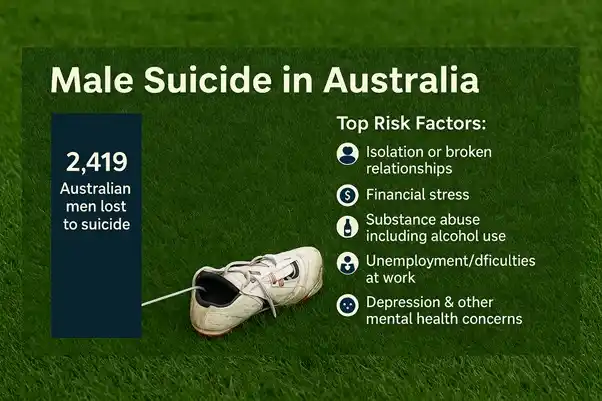Mindfulness Meditation In Buddhist Psychotherapy And Psychoanalysis
Buddhist Psychotherapy is becoming more accepted and desired by people seeking mental health treatment. However it is noteworthy that Buddhist Psychotherapy is not just intended for Buddhists. Even Buddha never referred to himself as a Buddhist, nor even purported to practice Buddhism! In any event, one of the many gems arising from the past 2500 year history of Buddhist Eastern Psychology is Mindfulness Meditation.
One of the commonly acceptable definitions of Mindfulness Meditation to date is that it is a training of mind through the deliberate paying of attention non-judgementally in the present moment. Sound simple? It is! But it’s not easy, as I and many of my clients attest. However the rewards are profound, and the practice has enormous benefits for psychotherapy. Some of the skills mindfulness therapy renders:
*Flexibility of awareness *Reduced reactivity or rumination *Cognitive diffusion (ability to observe thoughts without getting hooked into them) *Calm stability of mind *Decreased repression (only when mindfulness is not used defensively!)
Buddhist Psychology has made a large claim; that there is a way out of suffering. That you do not need to be a Buddhist or believe in anything in particular to benefit from the profound self observation practices. This is in contrast to traditional counselling and psychotherapy, which really is barely 100 years old, since Freud, then Lacan, etc. Western geniuses of psychoanalysis, no doubt. But Eastern and Western perspectives vary markedly on many levels. First off, the aims are different. As Freud said the aim of psychoanalysis is to turn neurotic suffering into ordinary human misery. Buddha’s aim was perhaps a tad more grand, the cessation of suffering.
In my view as a training psychoanalyst and Buddhist Psychotherapist I can really get the many strengths and limitations of both models when applied clinically. Generally Eastern models like Buddhist Psychotherapy pay little or no attention to the intrapsychic conflicts, or the major influence that repressed sexual neuroses and early childhood experiences have upon adult psychological functioning. On the other hand Western psychoanalysis (and Psychology for that matter) tend to miss the subtle benefits that mindfulness meditation can afford, such as less reactivity and repression. Clearly, both approaches can complement each other.
Both approaches probably lead to decreased narcissism, greater psychological and spiritual (according to the individual’s version of what that means) maturity. As it has been said before, we have to become someone before we can realise that we are inherently no one. Sound grim? Not according to many sages who claim deep nirvana can arise through a release of attachment to a fixed notion of an essential self or I. But that’s further down the track for many of us! For most suffering individuals who visit Buddhist psychotherapists, the first aim is to help them establish a mindfulness practice. At that point if I detect a likely transference (and working relationship) and capacity for insight and reflection I may recommend psychoanalytic psychotherapy. Psychoanalysis and mindfulness meditation has not to my knowledge ever been researched in tandem, although both are validated as highly efficacious psychological modalities. In my clinical experience, when combining Mindfulness meditation with psychoanalytic psychotherapy, the changes and insights people gain can be very profound.
Here are a couple of blogs written on this topic you might find useful:
What Are Australians Most Afraid Of? N...
From snakes and spiders to needles and ghosts, fear takes many forms. But what do Australians fear most in 2025? At Bayside Psychotherapy, our expert.
Is It Time For The AFL To Cast A Menta...
At Bayside Psychotherapy we are passionate about mental health and like many fellow Melbournians, many on our team are avid AFL fans. So when two of our.
Exploring Emerging Therapies: Understa...
At Mind Medicine Australia, we are dedicated to transforming the trea.
The Balance of Power in Romantic Relat...
Why do some relationships thrive while others feel like a constant tug-of-war? Power dynamics lie at the heart of this balance.











